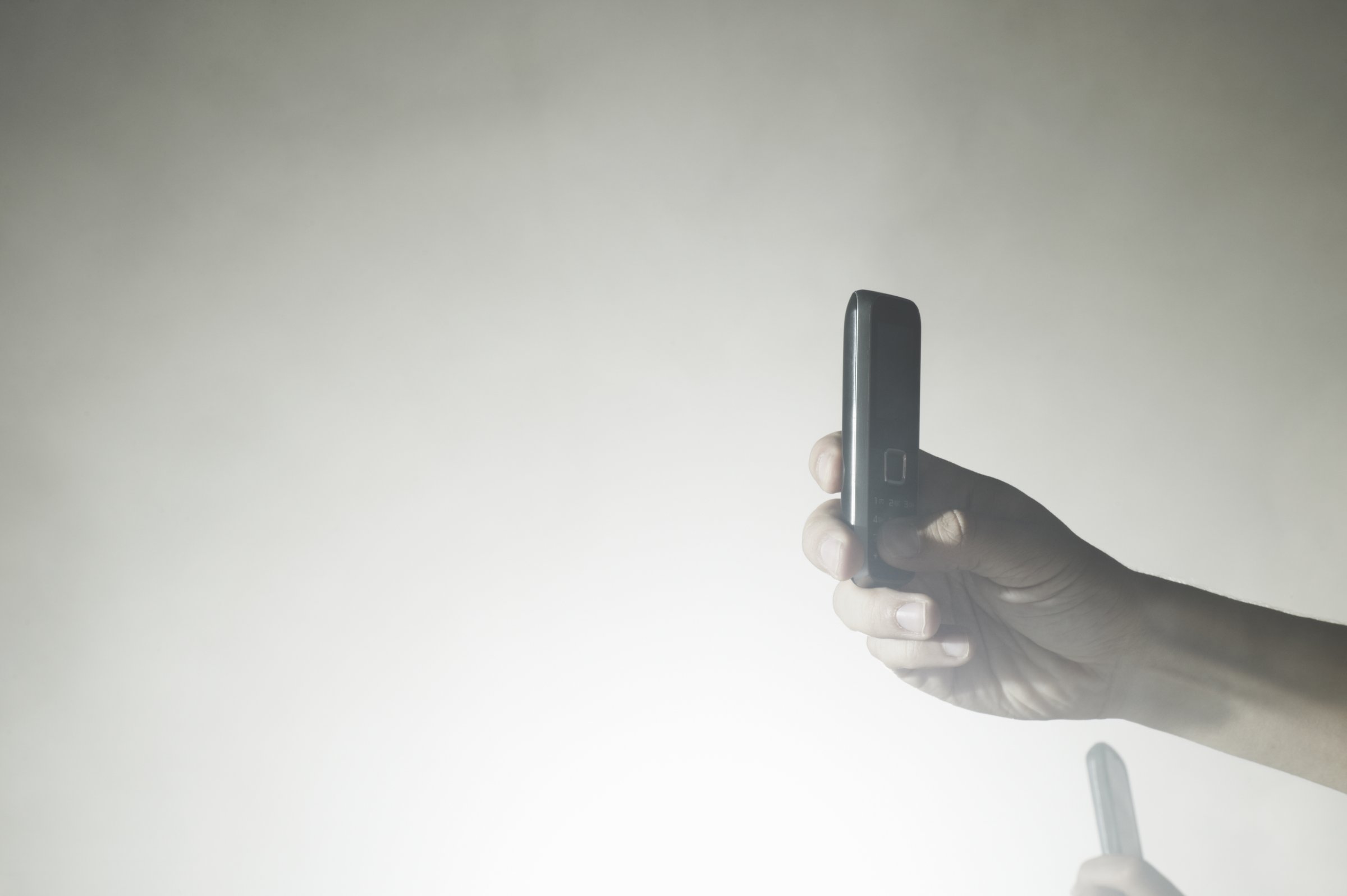
Over the last few years, our tech-induced predilection for documenting everything that we do and see seems to have taken a turn for the very dark. This was highlighted most recently by the video recording of a woman being sexually assaulted in Egypt’s Tahrir Square during the inauguration of president Abdel Fattahel-Sisi. Displaying the victim not only during the attack but bloody and stumbling as police eventually pull her out of the crowd, the terrifying recording raises important questions about what seems to be a growing trend of bystanders opting to observe and document crimes and their victims, rather than interfere with or interrupt the situation.
There is plenty of bald precedent here: part of the horror of the August 2013 Steubenville case in which a 16-year-old girl was raped was that numerous classmates recorded the assault. A nearly identical incident took place just months later in Hollywood, Florida, among Broward High School students. While those episodes received wide media coverage, a quick Google search shows a trend. The cases overwhelmingly involve sexual assault towards women, though there are outliers, including a recording of a violent brawl between two young men in late March, which arose from an argument over a video game. It was filmed in a family basement by one of the two boys’ companions, who was apparently unmoved to further action as the battery intensified.
Although the bystander effect—a phenomenon in which individuals avoid helping a victim if others are present—is nothing new, it seems increasingly common in a world where we are often one screen removed from reality. This is evidenced not just by greater documentation, but by the disgusting virality with which these awful videos are often shared. Absorbed endlessly by the various gadgets and gizmos of our lives, we have started to treat what’s in front of us as just another voyeuristic experience. From the pseudo-remove of Twitter, Facebook, Wherever Dot Com, we have also grown accustomed to sounding off on the many things that should be different, while rarely doing any legwork to bring about actual change.
Is the tendency to reach for phones and cameras in the midst of trauma perhaps a method of avoidance, borne out of the larger disconnect between life online and off? Does videotaping an incident, as the bystander did in Cairo, allow witnesses an easy out—a passive way to satisfy the need to do something, one that requires less introspection or confrontation? Have the rest of us at home grown numb to what we’re seeing by sheer force of overexposure?
Of course, it’s hard to criticize someone for not lunging into a brutal mob attack in an effort to break it up. No one should be obligated to risk his or her own life for the sake of saving someone else. But it is still disturbing that the frequent tendency is simply to press “record,” or even worse—as in the Steubenville case—to record it and egg it on.
Plenty has been written about what we’ve lost on account of our advanced technologies, including the laments that we’re increasingly distracted or unable to ever fully draw lines between work and play. Those much-discussed concerns, however, seem pretty frivolous when compared to the growing sense that our tech-based knee-jerk reactions could be dehumanizing even the heaviest moments of our human experience. It doesn’t seem like a stretch to presume that, rather than plugging into some cold, hard truths, we might be failing to fully register what’s happening around us.
Jessica Schiffer is a freelance writer based in New York who blogs about pop culture, society’s failings, and her many feelings at Twenties Collective.
More Must-Reads from TIME
- Donald Trump Is TIME's 2024 Person of the Year
- Why We Chose Trump as Person of the Year
- Is Intermittent Fasting Good or Bad for You?
- The 100 Must-Read Books of 2024
- The 20 Best Christmas TV Episodes
- Column: If Optimism Feels Ridiculous Now, Try Hope
- The Future of Climate Action Is Trade Policy
- Merle Bombardieri Is Helping People Make the Baby Decision
Contact us at letters@time.com